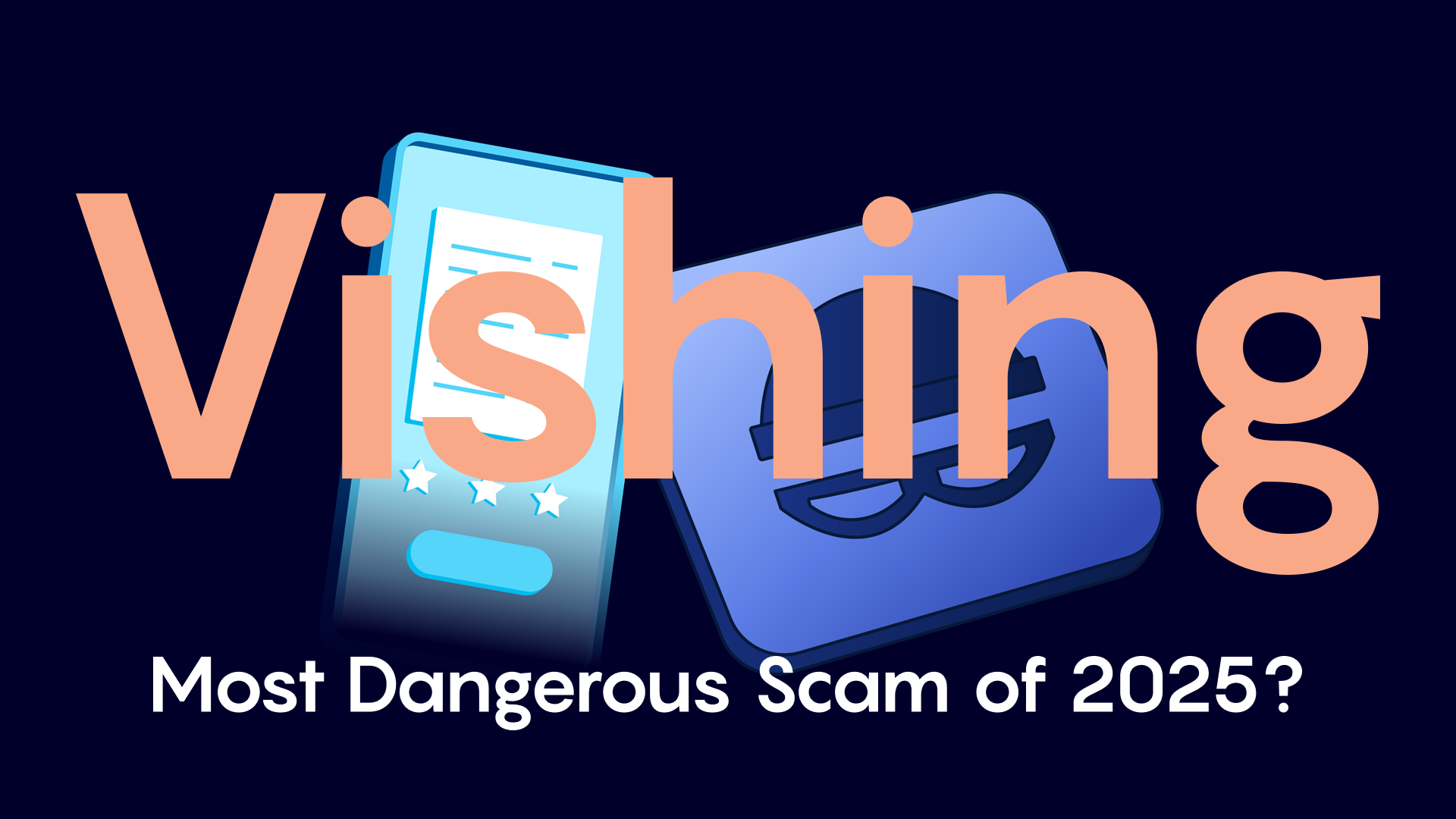The Most Dangerous Hacking Tool of 2025 Might Be Your Voice
A single phone call breached 6 million Qantas records. We explore how AI voice scams are becoming 2025’s most dangerous cyber threat.
The Most Dangerous Hacking Tool of 2025 Might Be Your Voice
In 2025, Qantas didn’t get hacked by ransomware or a virus.
No malicious code.
No zero-day exploit.
It was just a phone call.
Hackers targeted a third-party call centre in Manila. They rang up, pretended to be a Qantas staff member, and convinced a help desk agent to hand over system access. Multi-factor authentication? Skipped. Verification protocols? Overridden. The only thing they used was a convincing voice.
That one call exposed the personal data of up to 6 million customers. Names, phone numbers, birthdates, and frequent flyer numbers were all compromised.
No malware needed. Just a script, some research, and someone who sounded like they belonged.
This is voice phishing, also known as vishing, and it's quickly becoming one of the most dangerous cyber threats out there.
What Is Vishing?
Vishing is a phone based scam that relies on human trust. The attacker pretends to be someone trustworthy like a bank employee, an IT support rep, a government official, even your boss and calls with a convincing story.
The goal is to create urgency or fear and then guide the person on the other end of the call into handing over something sensitive. That could be a password, a one time passcode, access to a system, or even a direct money transfer.
Unlike phishing emails, vishing happens in real time. There’s no suspicious link to hover over, no grammar errors to spot. It’s a voice and increasingly, a cloned one asking you to act fast.
The Qantas Breach
The Qantas attackers didn’t break into a firewall. They bypassed it completely by targeting a call centre that had access to sensitive systems.
They called up, impersonated a Qantas staff member, and requested access to a customer database. Because the request came with urgency and insider knowledge, the help desk granted access. That was all it took.
Authorities believe the hacker group "Scattered Spider" was behind the breach. This is the same group linked to the 2023 MGM Resorts attack, which also started with a phone call.
Some cybersecurity experts believe the attackers may have used AI voice cloning to make the scam more believable. That hasn’t been confirmed, but it reflects a growing trend.
Why Vishing Is Exploding Right Now
1. AI voice cloning is accessible
Scammers no longer need to be good impersonators. They can now clone a person’s voice using a few seconds of audio and free tools. That voice can be used to sound exactly like your CEO, your partner, or your child.
2. Phone calls are harder to monitor
Unlike emails, phone calls aren’t scanned by security filters. Caller ID can be spoofed. A convincing voice can get through when other methods fail.
3. Urgency works
When someone hears a voice telling them something bad is about to happen , account locked, data breach, family emergency — they act quickly. That pressure is what makes this tactic so effective.
4. The results speak for themselves
Vishing led to major breaches at Qantas, MGM Resorts, and multiple energy and finance companies. CrowdStrike reported a 442 percent rise in vishing attacks within just six months in 2024.
How to Stay Safe
Verify everything - If someone calls asking for sensitive information, always double check. Hang up and call back using a known official number.
Pause before acting - Scammers want urgency. You don’t need to play along. Slow things down, take a moment, and think clearly.
Use safe words or verification steps - For families, use a pre agreed code word for emergencies. For businesses, consider adding internal verification steps for anything involving credentials, access, or money.
Don’t trust caller ID - It can be spoofed. Just because it looks like it’s coming from your bank or your workplace doesn’t mean it is.
Train your team - Most security training focuses on emails. It’s time to start including phone based attacks. Walk through vishing scenarios and help your team learn how to respond.
Report suspicious activity - If something feels off, report it. Whether to your IT team, your bank, or the relevant authorities, fast reporting can limit the damage.
We’ve been trained to spot sketchy emails. But now, the threat is moving to something more personal.
Voice scams feel real. They’re urgent, emotional, and increasingly powered by AI that makes them sound incredibly convincing.
The Qantas breach is a wake up call. If a billion-dollar airline can be compromised by one phone conversation, the rest of us need to pay attention too.
Want to stay ahead of threats like this?
Our monthly Latitude IT newsletter breaks down the biggest stories in cybersecurity, AI, tech innovation, and workplace trends.
No fluff. No noise. Just a sharp, easy to read wrap up of what’s changing and why it matters.
👉 Subscribe now to get the next edition delivered straight to your inbox.







